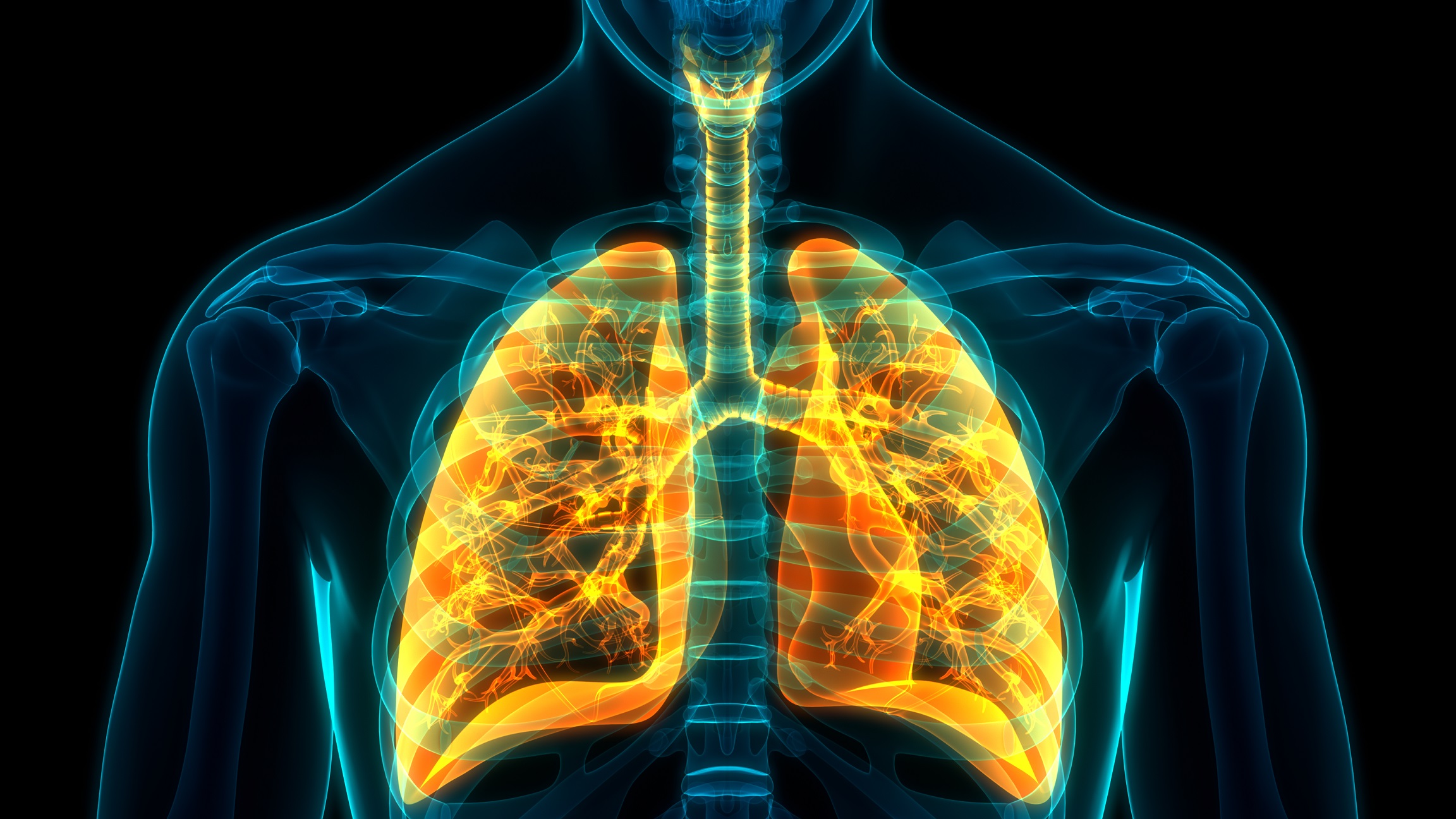A new study entitled ‘Early adversity promotes binge-like eating habits by remodeling a leptin-responsive lateral hypothalamus–brainstem pathway‘ led by Sora Shin, an assistant professor at the Fralin Biomedical Research Institute at VTC, reveals that early life trauma may increase the risk of binge eating later in life. Shin’s research, which was published in Nature Neuroscience, explains how a pathway in the brain that usually signals people to stop eating may be altered by early life trauma, leading to behaviors such as binge eating and obesity.
The Study
Shin’s team studied mice to identify the connection between binge-eating disorder and early life trauma. They found that mice separated from their litter mates experienced significant stress, which led to lifelong eating behavior changes. The team identified a hormone in the brain called leptin, which is known to suppress appetite and weight gain. The hormone signals the brain when to stop eating, but the team found that in mice that experienced early life stress, leptin was less effective in the lateral hypothalamus, a part of the brain where many behaviors are regulated. This led to overeating, which continued without signals from the brain.
The researchers also identified neurons in another part of the brain, the ventrolateral periaqueductal gray, which respond to messages from leptin and lateral hypothalamus, thereby regulating binge eating.
Significance
Shin’s research provides insight into how life’s health course is set based on certain early experiences. Early experiences and exposures ranging from pre-conception in future parents to those that the child experiences throughout postnatal life can have a dramatic impact on health throughout life. The study raises important questions, such as whether and how these effects can be changed. The researchers’ identification of a neural substrate and mechanism could empower future research to develop therapeutic strategies for binge-eating disorder.
Conclusion
The potential of Shin’s discovery is significant, as it may allow experts to find risk factors, triggers, and causes of binge-eating disorder. Studying the role of traumatic and early life experiences in this pathway may help fine-tune prevention and early intervention efforts to prevent binge-eating disorder. The study was supported by grants from the National Institutes of Health, the Kavli Institute for Brain and Mind, and the National Center for Advancing Translational Sciences.
Subscribe
to get our
LATEST NEWS
Related Posts

Sleep, Nutrition & Exercise
The Microalgae Revolution: Unlocking Sustainable Nutrition and Health Solutions
Microalgae represent a transformative solution to the challenges of feeding a growing population sustainably.

Sleep, Nutrition & Exercise
From Inactivity to Movement: The Need for Scalable Public Health Interventions
Parkrun has emerged as a potential answer to a global public health burden – physical inactivity.
Read More Articles
Myosin’s Molecular Toggle: How Dimerization of the Globular Tail Domain Controls the Motor Function of Myo5a
Myo5a exists in either an inhibited, triangulated rest or an extended, motile activation, each conformation dictated by the interplay between the GTD and its surroundings.
Designing Better Sugar Stoppers: Engineering Selective α-Glucosidase Inhibitors via Fragment-Based Dynamic Chemistry
One of the most pressing challenges in anti-diabetic therapy is reducing the unpleasant and often debilitating gastrointestinal side effects that accompany α-amylase inhibition.













